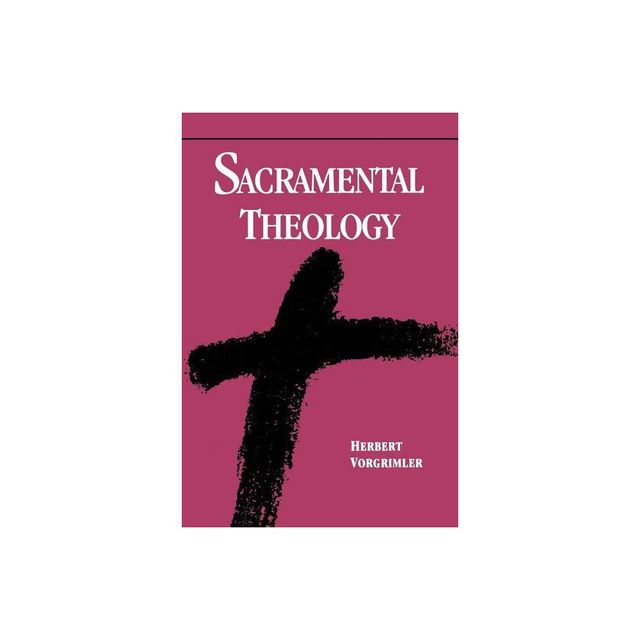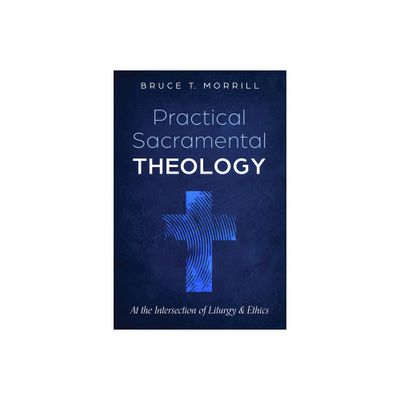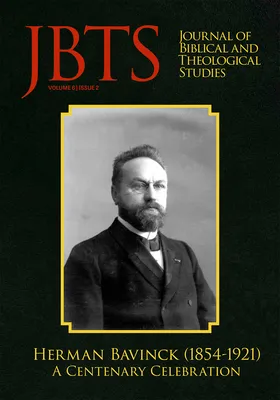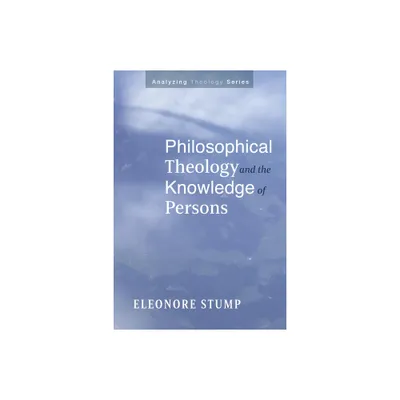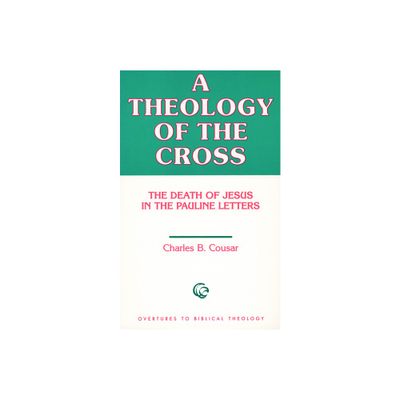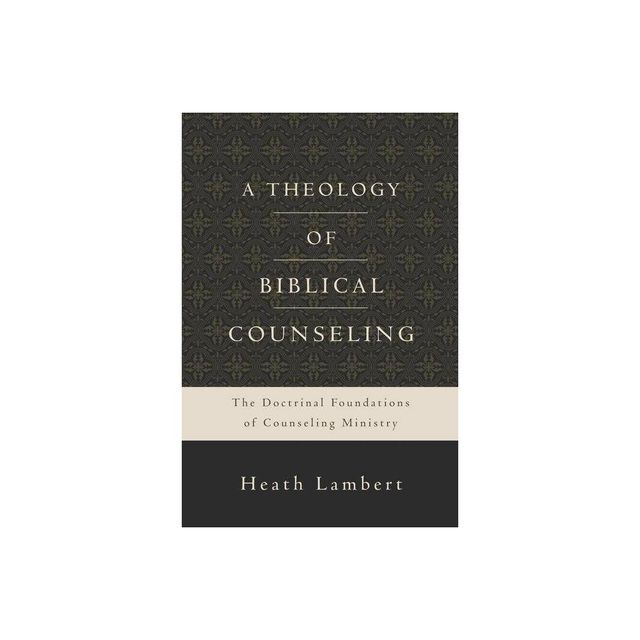Home
Knowledge by Ritual: A Biblical Prolegomenon to Sacramental Theology
Loading Inventory...
Barnes and Noble
Knowledge by Ritual: A Biblical Prolegomenon to Sacramental Theology
Current price: $42.95


Barnes and Noble
Knowledge by Ritual: A Biblical Prolegomenon to Sacramental Theology
Current price: $42.95
Loading Inventory...
Size: OS
*Product Information may vary - to confirm product availability, pricing, and additional information please contact Barnes and Noble
What do rituals have to do with knowledge?
Knowledge by Ritual
examines the epistemological role of rites in Christian Scripture. By putting biblical rituals in conversation with philosophical and scientific views of knowledge, Johnson argues that knowing is a skilled adeptness in both the biblical literature and scientific enterprise. If rituals are a way of thinking in community akin to scientific communities, then the biblical emphasis on rites that lead to knowledge cannot be ignored. Practicing a rite to know occurs frequently in the Hebrew Bible. YHWH answers Abram’s skepticism—“How shall I know that I will possess the land?”—with a ritual intended to make him know (Gen 15:7–21). The recurring rites of Sabbath (Exod 31:13) and dwelling in a Sukkah (Lev 23:43) direct Israel toward discernment of an event’s enduring significance. Likewise, building stone memorials aims at the knowledge of generations to come (Josh 4:6).
Though the New Testament appropriates the Torah rites through strategic reemployment, the primary questions of sacramental theology have often presumed that rites are symbolically encoded. Hence, understanding sacraments has sometimes been reduced to decoding the symbols of the rite.
argues that the rites of Israel, as portrayed in the biblical texts, disposed Israelites to recognize something they could not have seen apart from their participation. By examining the epistemological function of rituals, Johnson’s monograph gives readers a new set of questions to explore both the sacraments of Israel and contemporary sacramental theology.
Knowledge by Ritual
examines the epistemological role of rites in Christian Scripture. By putting biblical rituals in conversation with philosophical and scientific views of knowledge, Johnson argues that knowing is a skilled adeptness in both the biblical literature and scientific enterprise. If rituals are a way of thinking in community akin to scientific communities, then the biblical emphasis on rites that lead to knowledge cannot be ignored. Practicing a rite to know occurs frequently in the Hebrew Bible. YHWH answers Abram’s skepticism—“How shall I know that I will possess the land?”—with a ritual intended to make him know (Gen 15:7–21). The recurring rites of Sabbath (Exod 31:13) and dwelling in a Sukkah (Lev 23:43) direct Israel toward discernment of an event’s enduring significance. Likewise, building stone memorials aims at the knowledge of generations to come (Josh 4:6).
Though the New Testament appropriates the Torah rites through strategic reemployment, the primary questions of sacramental theology have often presumed that rites are symbolically encoded. Hence, understanding sacraments has sometimes been reduced to decoding the symbols of the rite.
argues that the rites of Israel, as portrayed in the biblical texts, disposed Israelites to recognize something they could not have seen apart from their participation. By examining the epistemological function of rituals, Johnson’s monograph gives readers a new set of questions to explore both the sacraments of Israel and contemporary sacramental theology.
